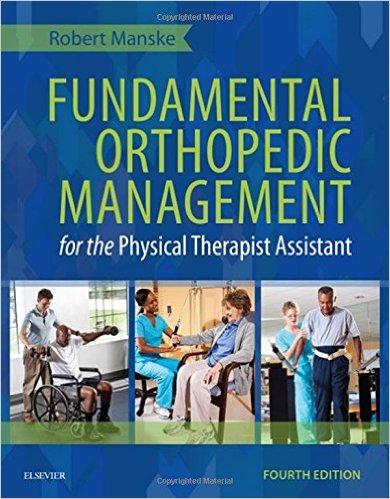Test Bank For Fundamental Statistics for the Behavioral Sciences 8th Edition
MULTIPLE CHOICE QUESTIONS
1.1 To understand an example, you need to understand the logic behind the experiment that serves as the example. Morphine tolerance in the example in Chapter 1 would be shown when
- a) *paw-lick latencies decrease over time with repeated injections of morphine.
- b) paw-lick latencies increase over time with repeated injections of morphine.
- c) paw-lick latency do not vary as a function of time.
- d) short latencies indicate reduced pain sensitivity.
1.2 The effect of context on morphine tolerance would most likely be seen by differences in
- a) *the averages of paw-lick latencies in the same and different contexts.
- b) the variability of paw-lick latencies within the same and different contexts.
- c) number of mice tested under each context.
- d) both a and b
1.3 If you want to study the effect of hormonal changes in adolescent boys, your population would be
- a) all people in the world.
- b) all males.
- c) all adolescents.
- d) *all adolescent males.
1.4 If you want to study the effect of hormonal changes as boys reach adolescence, your sample would most likely include
- a) *pre-adolescent and post-adolescent boys.
- b) adolescent boys.
- c) pre-adolescent and post-adolescent girls.
- d) adult men.
1.5 You would need the largest sample if you wanted to obtain a fairly accurate estimate of
- a) the average allowance of high school sophomores in Burlington High School.
- b) the average income of college students in the United States.
- c) *the average family income in California.
- d) the average starting salary of graduating history majors.
1.6 Which of the following is most likely to be measured categorically?
- a) weight gain in first year college students
- b) level of authoritarianism in a sample of public accountants
- c) *species of dogs appearing in the Sunday comics
- d) deterioration in driving performance under the influence of alcohol











